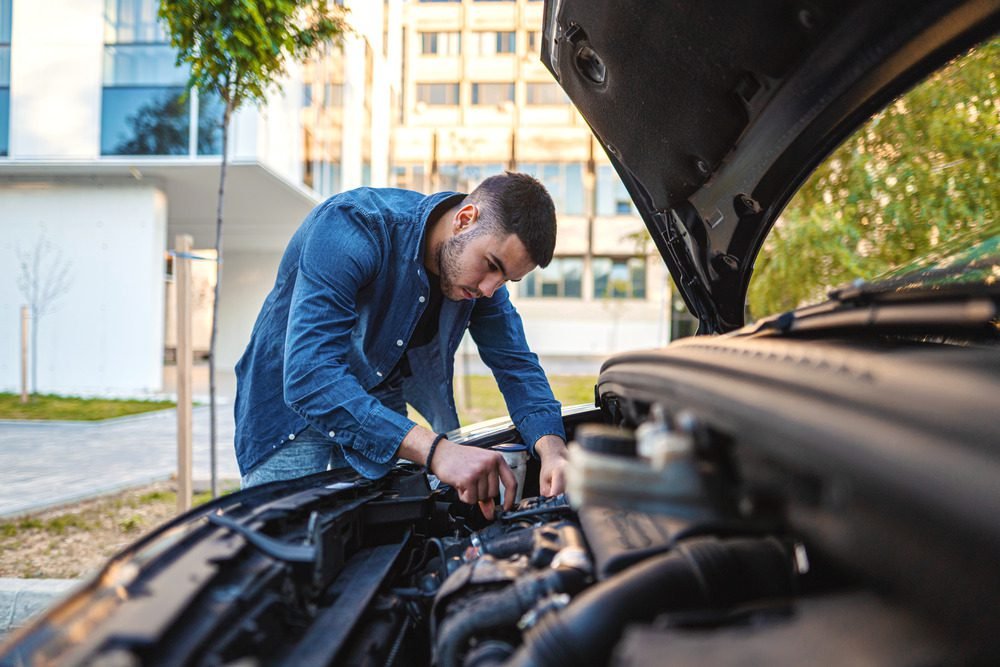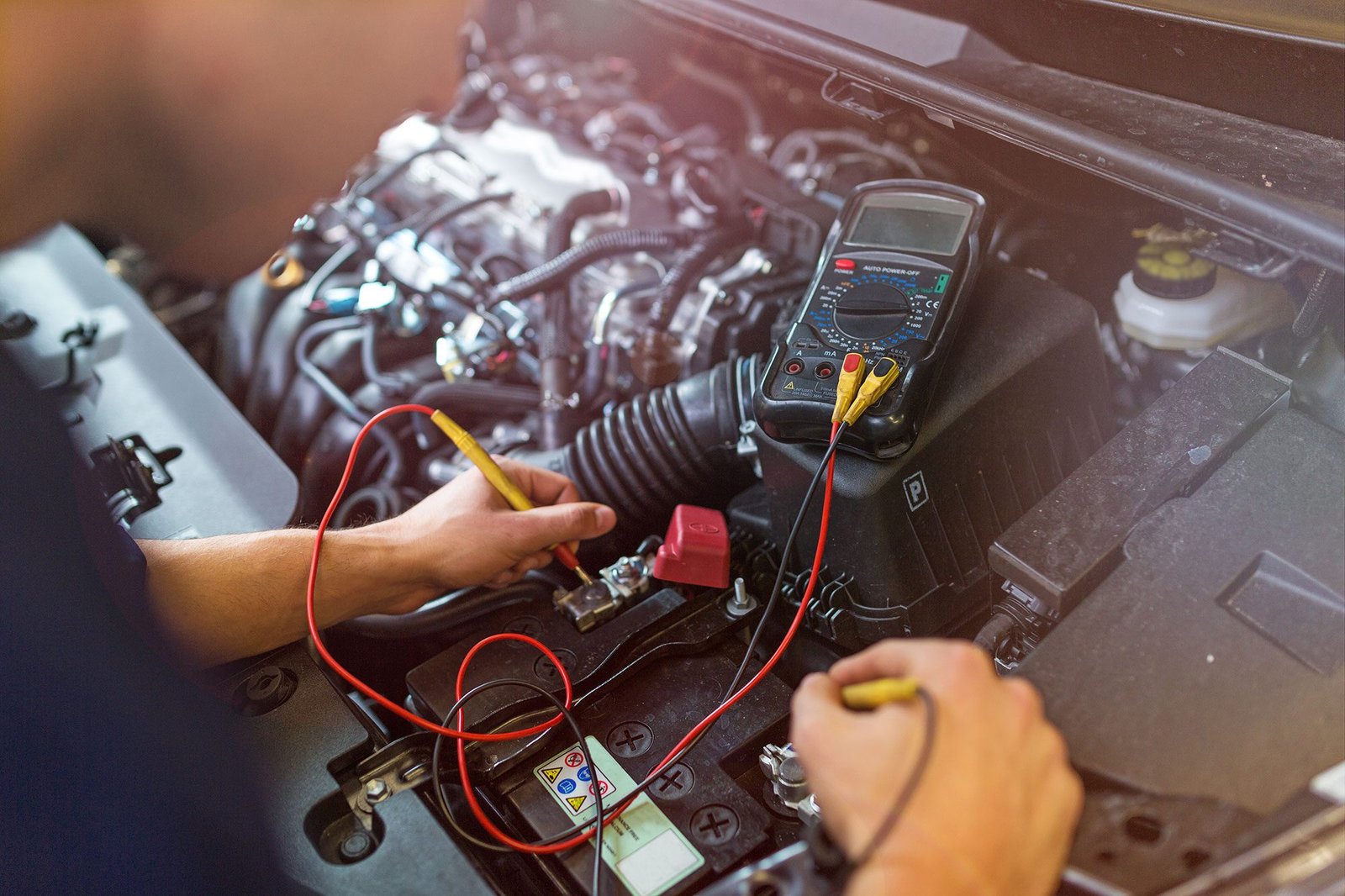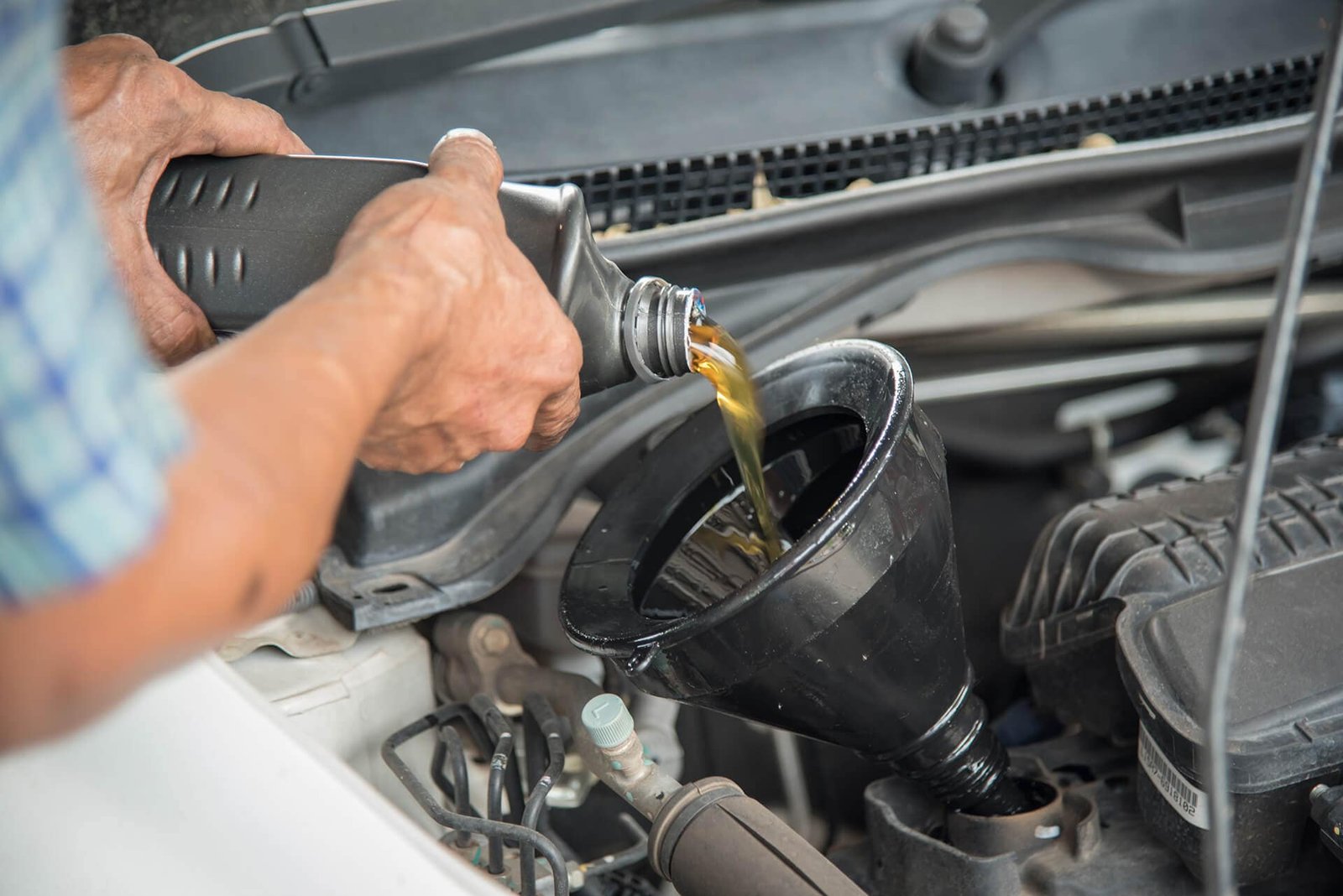1. Start
People who love their cars and who drive them every day find it better to maintain their cars themselves. By maintaining your car yourself you not only save money, it also makes you feel strong. However, before you get an oil change and brake inspection, safety should come first.
2. Tools needed to perform car maintenance yourself
A. Basic tool set
Wrenches, screwdrivers and pliers are among the most basic tools that any DIYer needs. By buying good tools, they will last longer and work better.
B. Safety device
Protective equipment such as gloves and goggles can help keep DIYers safe while working on projects.
three. Get ready to do your own car maintenance
A. Choose the right workplace
For a smooth and safe DIY project, it is important to choose a space with good light and air circulation.
B. Get the information you need
Before making any repairs to your car, read the instructions and look them up online from reliable sources.
Four. Conduct regular inspections and inspections
A. Engine oil and detergent
Check and replace the engine oil and filters regularly to keep your engine running optimally.
B. Rem
Check the brake pads and wheels for wear and make sure the brakes are working properly.
C. Tire maintenance
Check tire pressure regularly, replace tires and look for signs of uneven wear.
V. Step-by-step guide to basic car repairs
Change the engine oil in your car
How to change your own oil in a way that saves money and extends the life of your engine.
B. Replace the air filter
Simple steps to replace your air filter to save gas.
C. Rotating tires
Tips for rotating your tires so they wear evenly and last longer.
D. Check the brake pads
Check the brake pads step by step to ensure the safety of the braking system.
six. Safety tips for DIY car repairs
A. The correct way to lift something
How to lift your car safely using a jack and stands.
B. How to use the safety bar
Safety standards are important to prevent personnel from being injured while carrying out repair work.
C. Handling hazardous materials
Advice on how to properly dispose of hazardous items such as old batteries and oil.
seven. How to fix common car problems
A. Find out what noise is
If your car is making strange noises, you can find out what the problem is.
B. Repair fluid leaks
Advice on detecting and fixing common fluid leaks.
C. Dealing with electrical problems
Take simple steps to troubleshoot electrical problems and keep your car running smoothly.
8. Why regular maintenance is important
A. Extend the life of the vehicle
How performing regular maintenance yourself can ensure that your car lasts longer.
B. Save maintenance costs
You can save money by keeping up with maintenance and preventing major problems.
Nine. Your own car care for every season
A. Get ready for winter
How to winterize your car so it can withstand the cold.
B. Summer inspection
Make sure your car is ready for road trips this summer with important inspections.
X. Online self-service car repair tool
A. Instructional video
The idea of an online movie guide can help those who want to do things themselves.
B. Online chat rooms and communities
By joining a group, people can share their stories and get help.
11. Benefits of learning to repair your own car
A. Empowerment
You get pleasure and security from maintaining your car.
B. Cost savings
We draw attention to the huge savings you can make by doing your own car repairs.
twelve. How to deal with common problems when maintaining your car
A. Fear of screwing up
Help people overcome their fear of screwing up and learn from their mistakes.
B. Gain more self-confidence
Advice on how to slowly build up the courage to take on more difficult tasks.
When should you seek professional help?
A. Be aware of limitations
Know when a job is too difficult to do alone and requires professional help.
B. Signs that the problem is difficult
Look for warning signs that indicate bigger problems.
What impact does DIY car maintenance have on the environment?
A. The right way to throw things away
How to dispose of used oil, filters and other items in a way that doesn’t harm the planet.
B. Environmentally Friendly Practices
Advice on how to d. in an environmentally friendly way



